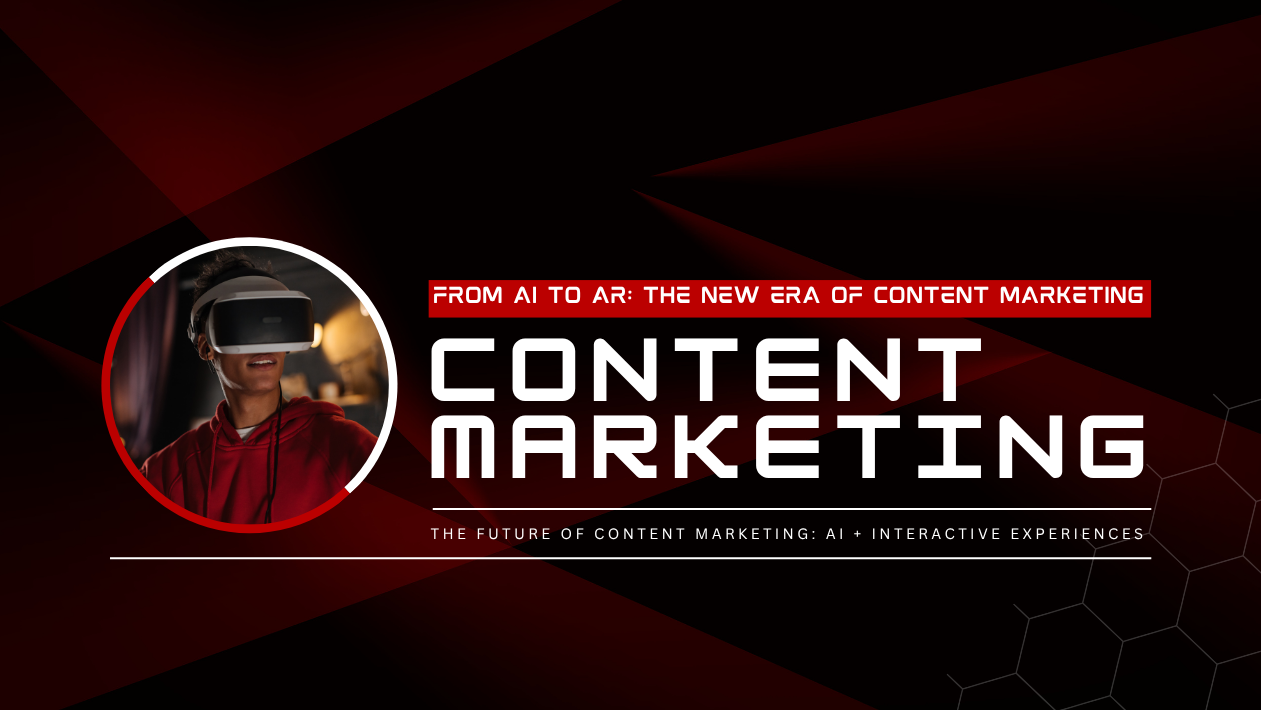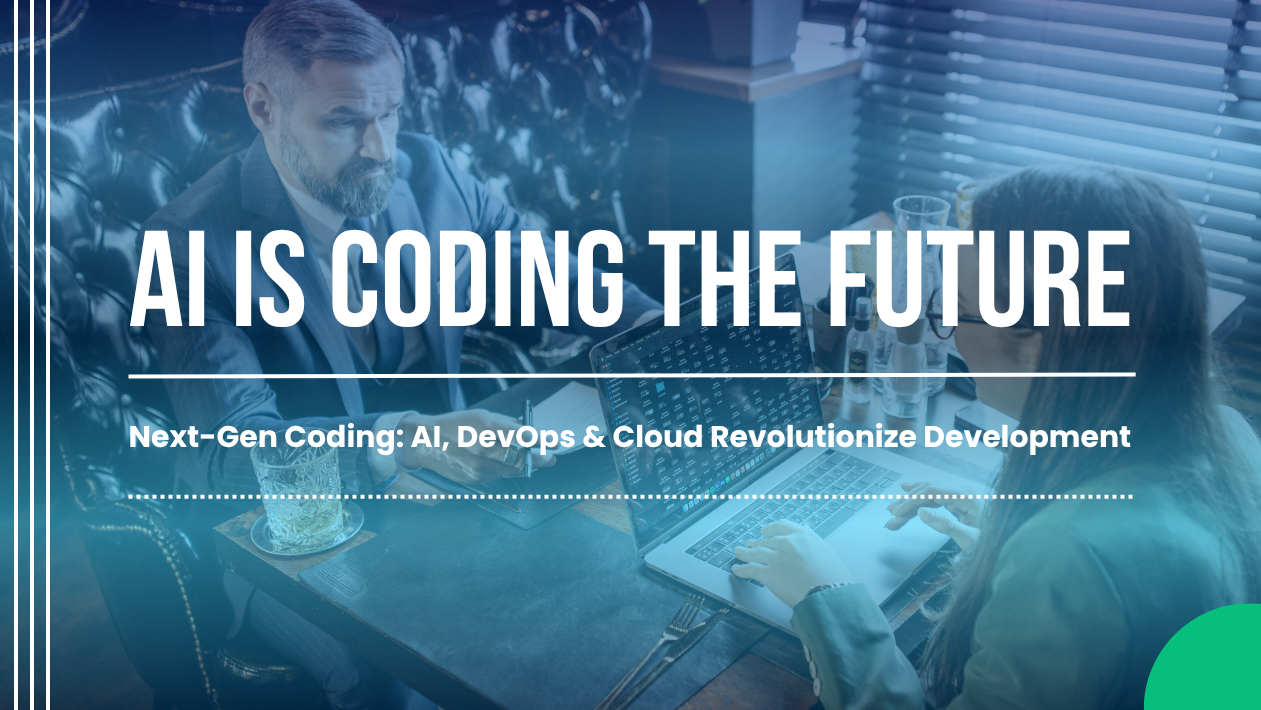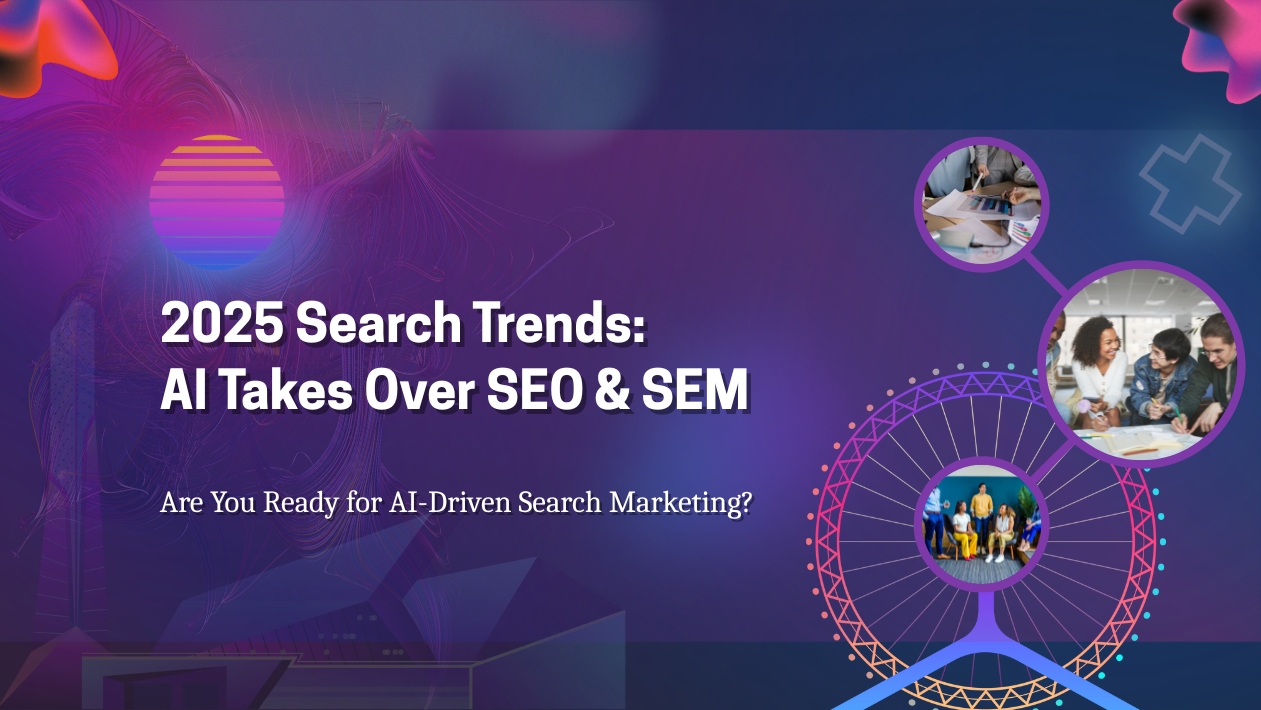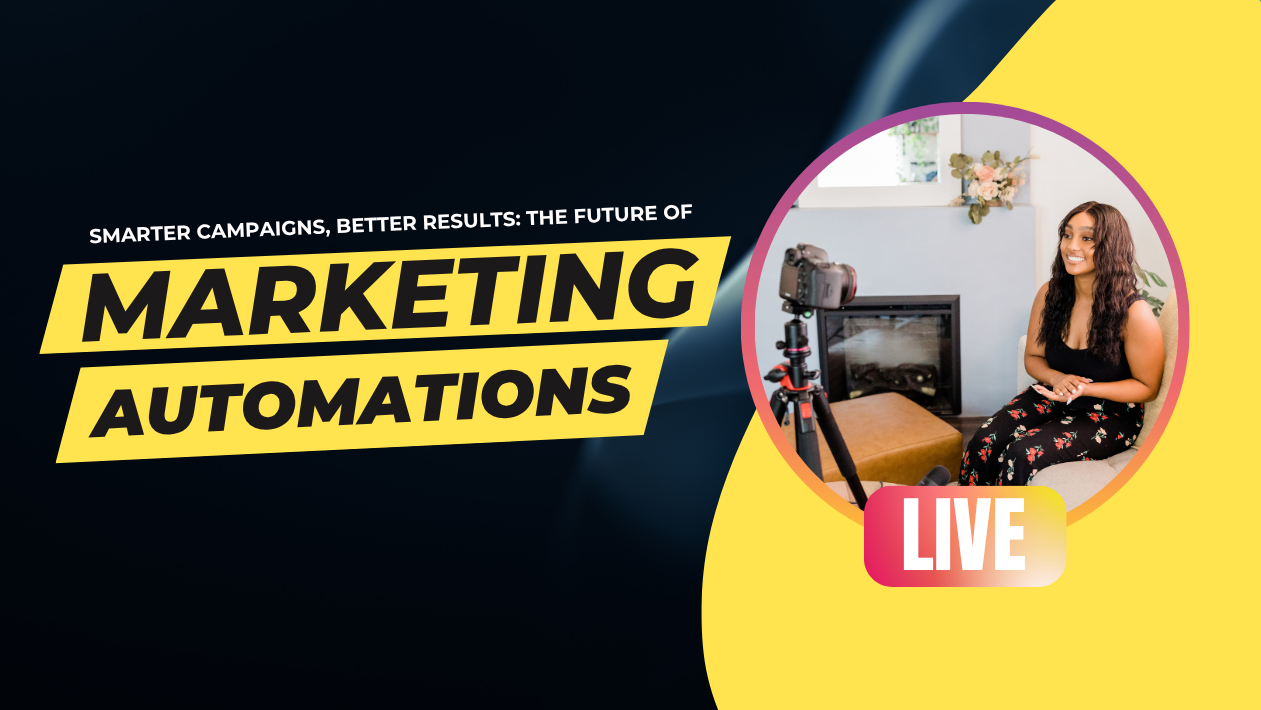The content marketing landscape in 2025 is undergoing a dramatic shift, fueled by AI-driven creativity, hyper-personalization, and the rise of immersive formats like AR and interactive video. As consumers demand more authentic, engaging, and value-driven content, brands are rethinking their strategies to stand out in a crowded digital space.
AI Becomes a Creative Partner
Artificial intelligence has moved from being a support tool to a core driver of content creation. Advanced generative AI platforms now produce blog posts, videos, podcasts, and ad copy in seconds—customized to audience segments. Marketers are using AI not just for efficiency, but to deliver data-backed creativity at scale.
Brands are increasingly adopting AI-human collaboration models, where AI handles drafting and optimization while human teams focus on storytelling and strategy.
Hyper-Personalization Drives Engagement
Today’s consumers expect content that speaks directly to their needs. With access to behavioral analytics, purchase history, and real-time browsing patterns, marketers are creating dynamic, personalized campaigns.
From individualized email newsletters to AI-powered video ads that adjust messaging per viewer, personalization is now the baseline for engagement.
Rise of Interactive and Immersive Content
Static posts are giving way to interactive experiences. Brands are leveraging quizzes, polls, shoppable videos, augmented reality try-ons, and gamified campaigns to capture attention.
Retailers, for example, are using AR-powered content that allows customers to “try before they buy,” while B2B marketers use interactive whitepapers and AI-driven webinars to boost lead generation.
SEO Meets Content Intelligence
Search Engine Optimization (SEO) remains vital, but the rules have changed. With AI-powered search engines and voice assistants dominating discovery, content strategies now focus on natural language, semantic search, and experience-driven ranking factors.
Marketers are using content intelligence platforms to analyze search intent, optimize formats, and predict trending topics before they peak.
Authenticity and Trust Take Center Stage
With growing skepticism toward AI-generated media, consumers crave authentic and transparent content. Brands are increasingly using UGC (user-generated content), influencer partnerships, and real-world storytelling to build credibility and trust.
Regulations in the U.S. and EU now require AI disclosure in branded content, adding pressure for ethical marketing practices.
Outlook: Content as a Service (CaaS)
The future of content marketing lies in content ecosystems that adapt across platforms and devices. With AI, personalization, and immersive experiences, content is shifting from one-way communication to two-way engagement—where brands and audiences co-create value.
By 2030, experts predict content marketing will evolve into CaaS (Content as a Service), where brands deliver always-on, adaptive content experiences across every customer touchpoint.





